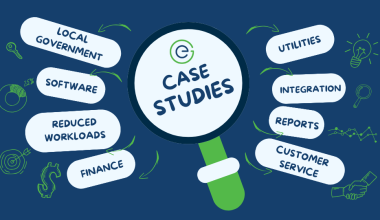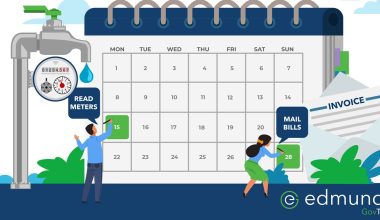In a recent conversation with a utility who doesn’t offer bank drafts, I learned the reason why is because of a concern about the security of their customers’ bank account information from hackers.
While this is commendable, is it really a valid reason not to offer your customers the most convenient way to pay while, at the same time, saving your staff time processing payments?
Is this a valid concern?
In my forty years of working with utilities and utility billing software (yes, I’ve really been in this business that long!), I’ve never heard of any customers’ bank account information being compromised by a data breach.
A much more common occurrence
What I have experienced first-hand during my career are five cases of fraud or embezzlement by utility employees, ranging from blatantly obvious to relatively cunning. One of the more elaborate schemes resulted in prosecution and made the news.
In fact, one of those cases is the reason why our Utility Billing software includes a Void Payment Edit List which reports all voided payments in a batch. All because an astute finance director recognized one cashier had a much higher volume of voided payments than the other cashiers. It turns out there was a reason why – this employee was pocketing cash from some of the voided payments!
While the actual number of cases of fraud represents only a fraction of the utilities I’ve worked with, it is still a much more valid concern than bank draft information being hacked.
How can you guard against fraud?
Recapping the recommendations included in the above-referenced post, here are some best practices you should ensure your office is following:
- Assign each cashier a separate cash drawer
- Issue hand-written receipts only in emergencies
- Receipt payments as they happen
- Account for cash overages and shortages
- Monitor voided payments
- Have a second employee double check each deposit
- Review all adjustments to customer accounts


